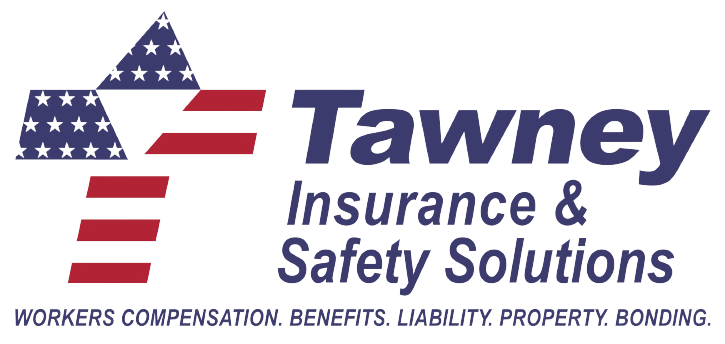What Your Insurance Broker Isn't Telling You About Your Premium
Here's something that keeps construction company owners up at night. They're writing massive checks for insurance every year, but they have no idea what they're actually paying for or who's really benefiting from those payments.
The Transparency Problem
Most construction companies treat insurance like a necessary evil. The renewal arrives, there's maybe a wince at the number, and then the check gets written. But here's what most people don't realize. Buried in that premium is a significant broker fee that they probably don't even know they're paying.
We had a conversation recently with a construction client. They were paying $75,000 annually for workers' compensation coverage. Sounds straightforward, right? But when we dug into the details, we estimated their broker was pocketing somewhere between $10,000 and $15,000 of that amount, without the client having any visibility into this commission.
That's not a small amount of money. That's additional money for salaries. That's equipment. That's money that could go back into the business.
Why "Set It and Forget It" Doesn't Work
The bigger issue isn't just what companies are paying. It's what they're not getting for that money.
Most brokers operate on a transactional model. They place the policy, collect their commission, and move on to the next client. When a work comp claim comes in, they're not actively managing it to keep costs down. They're not on the jobsite understanding actual risk exposures. They're not working proactively to prevent claims before they happen.
When claims go up, premiums follow. When experience modifiers climb, costs increase even more the next year. If a broker isn't actively managing every single claim and helping implement real safety measures, they're essentially letting costs spiral while still collecting their fee.
What Real Partnership Actually Looks Like
Construction companies deserve to know exactly what they're paying for insurance and who's getting paid from those premiums. They deserve someone who's on the jobsite, not just behind a desk.
Here's what makes a difference.
Knowing the actual costs - Companies should know exactly what their broker is making and whether that lines up with the value being provided.
Active claims management - Every work comp claim should be managed aggressively from day one to keep costs down and experience ratings in check.
Being there - An insurance partner should understand actual operations because they're there on site, not because they read about them in a policy application.
Shopping the whole market - Advisors should be finding the best coverage at the best price, without financial incentives pushing them toward specific carriers.
So What Does This Mean?
That $15,000 a broker is quietly pocketing each year? That money belongs in the business. And if they're not actively managing claims, implementing safety programs, and fighting to keep costs down, they're not earning it.
Insurance for construction companies shouldn't be a black box where money goes in and everyone hopes for the best. People work too hard for their money to let it disappear into broker fees and poorly managed claims.
It's time to ask the tough questions. What am I really paying? What am I actually getting?
And is my broker truly working for me or just working me?
If there's doubt about getting a fair shake on insurance, it's worth having a conversation about it. We're on jobsites because that's where real risk management happens.
